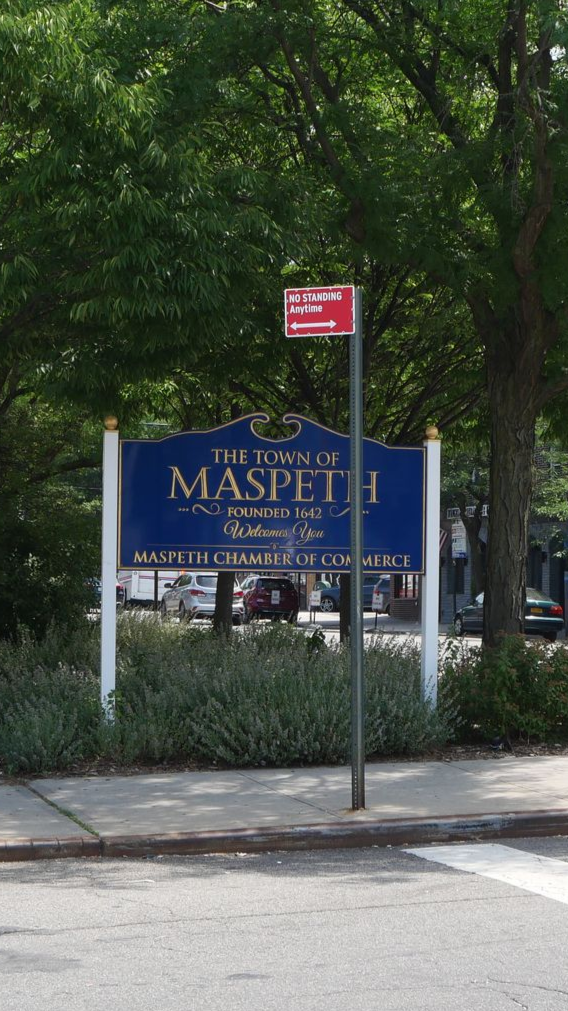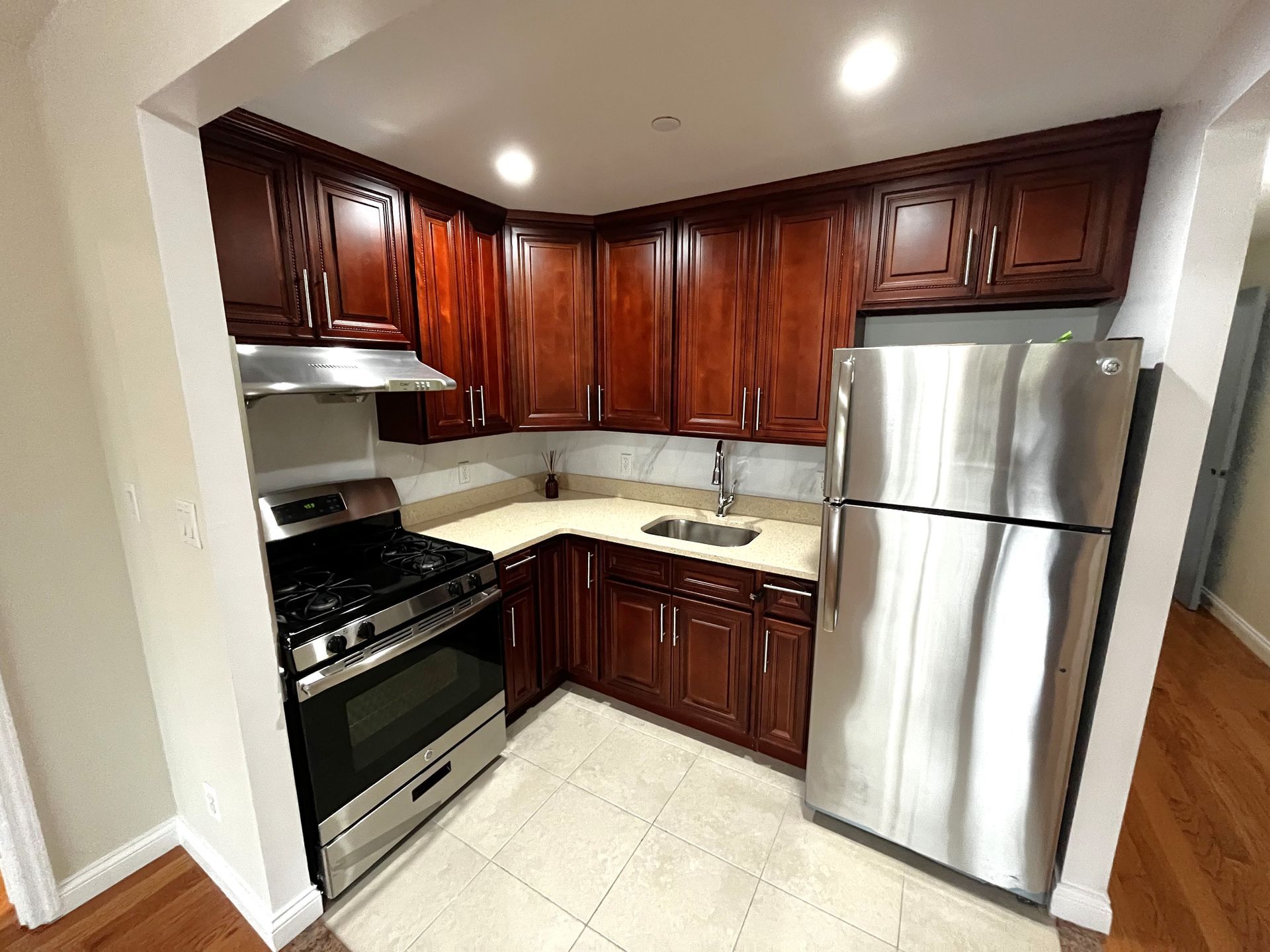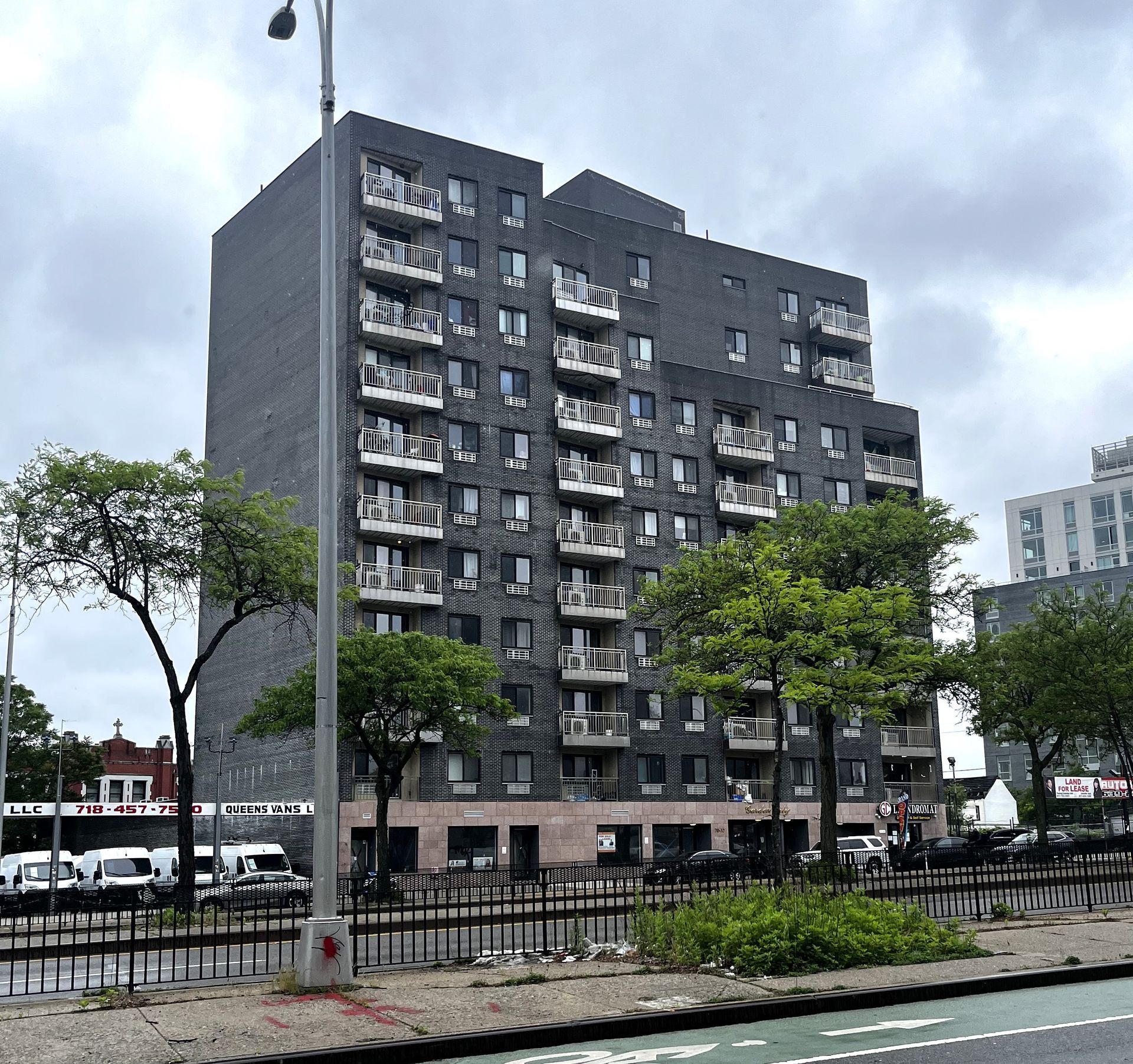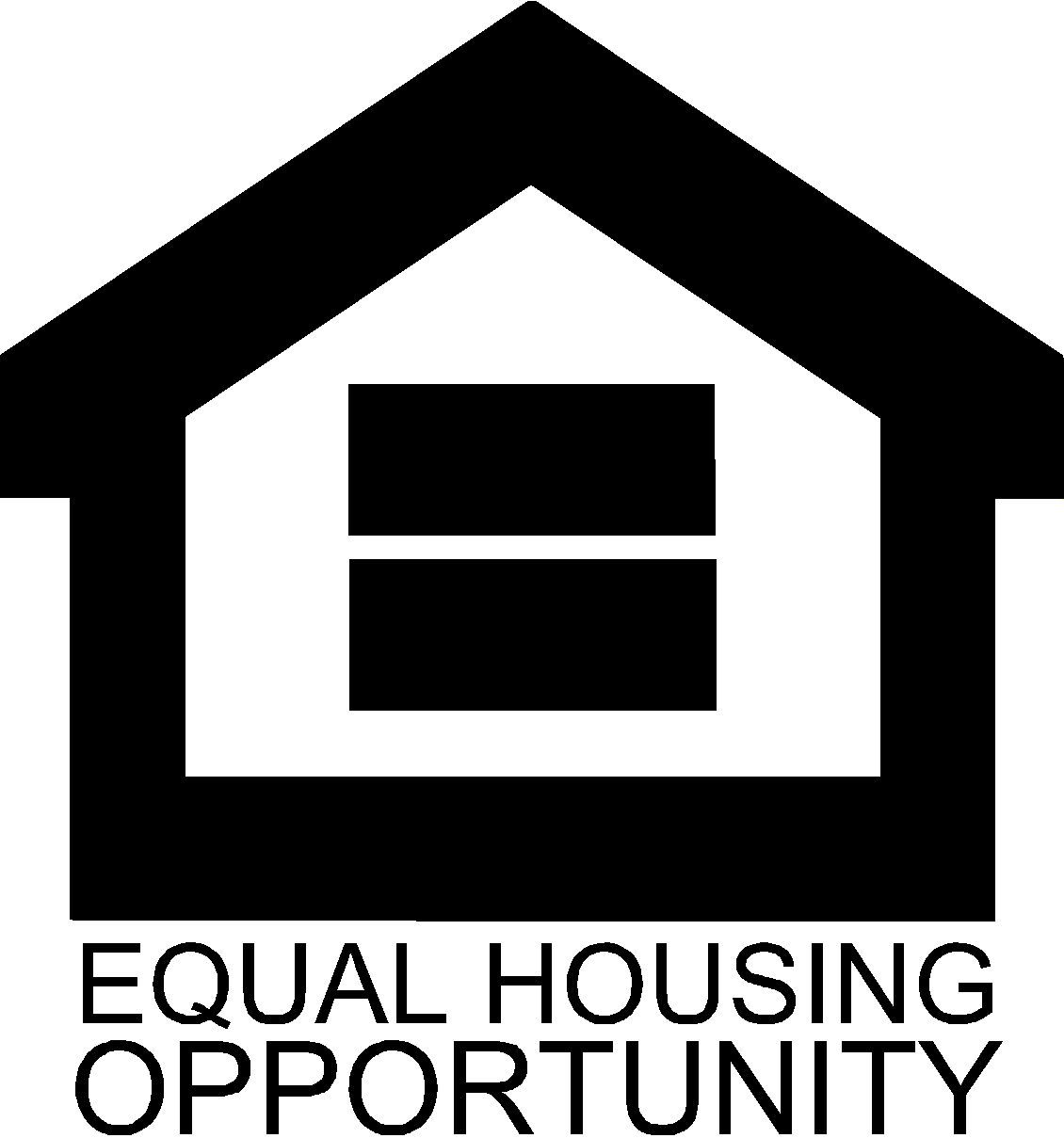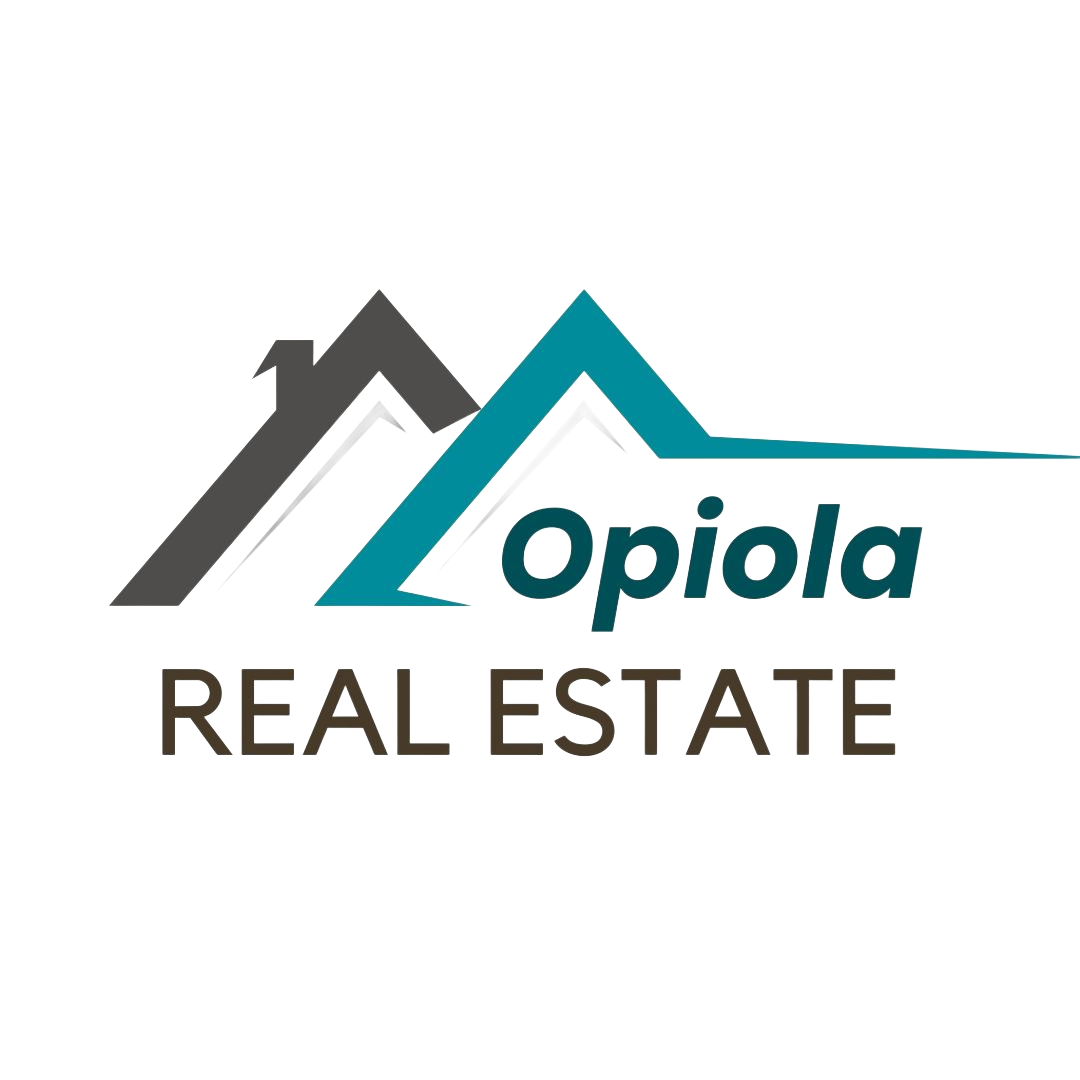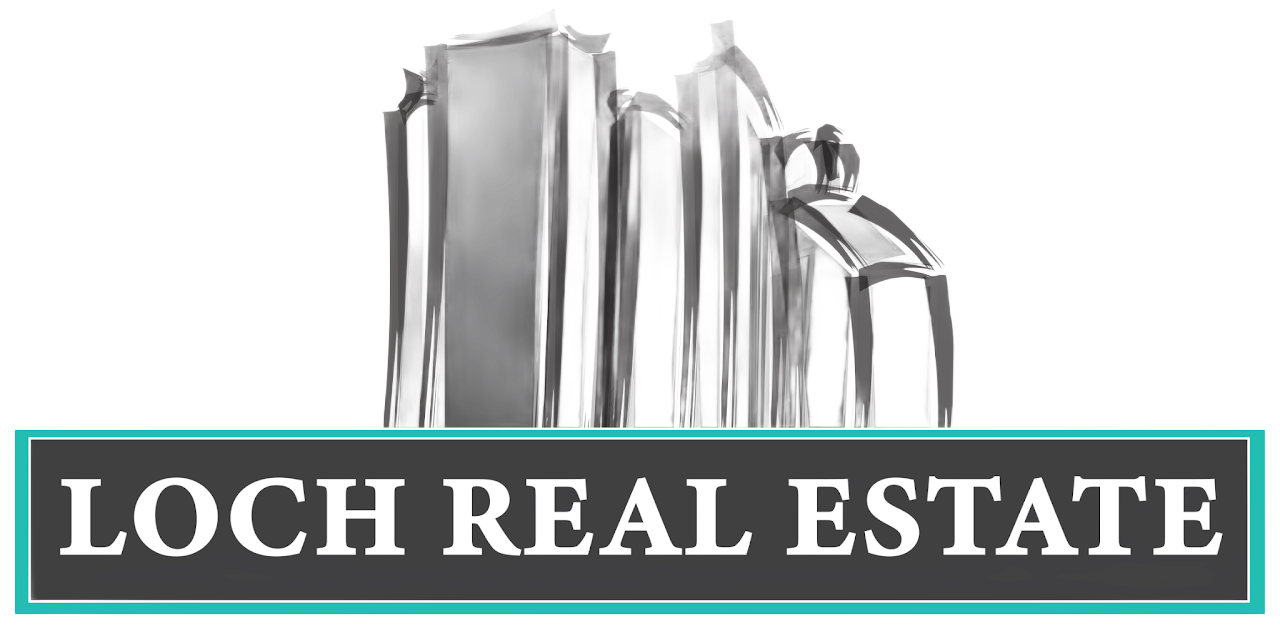What You Can Expect to Sign as an NYC Home Buyer in 2025
Thinking about Buying a Home in NYC?
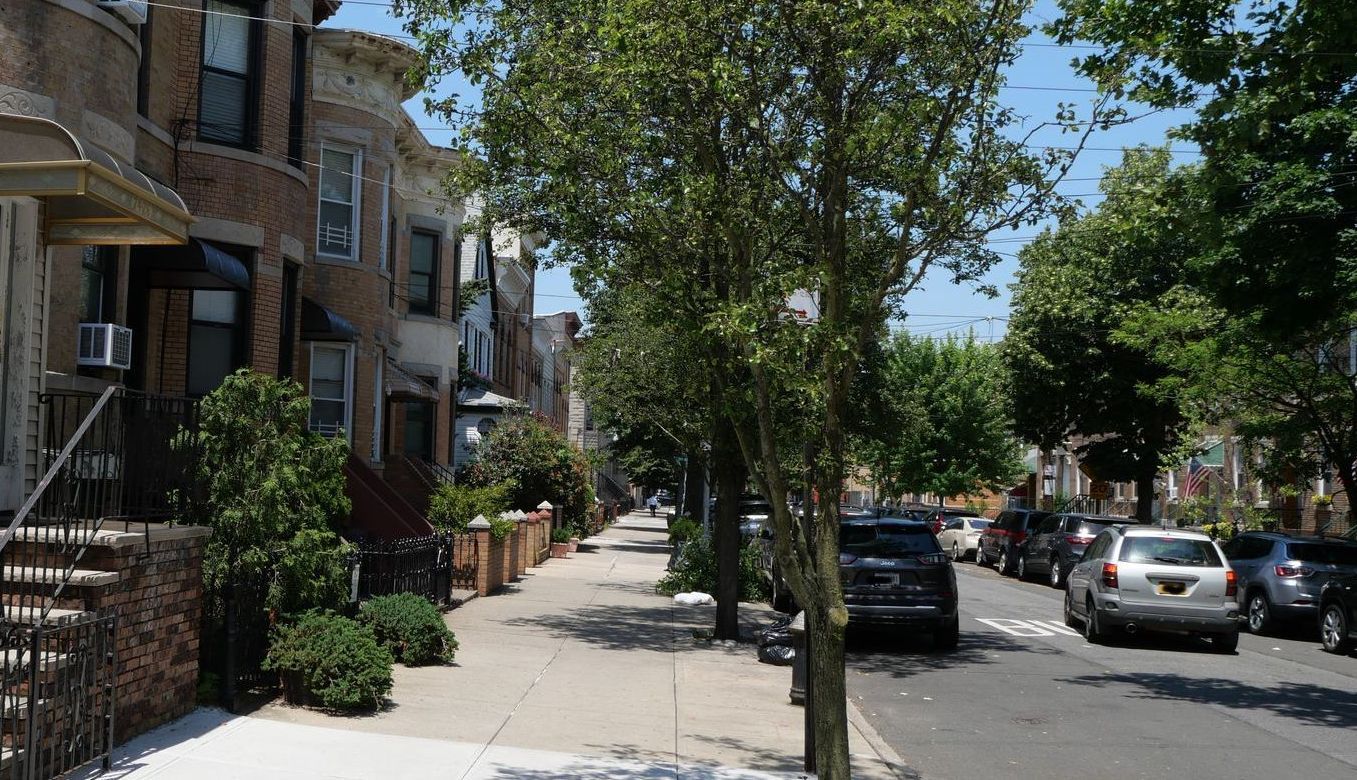
Ridgewood Homes under $900K
🧭 First Things First: Why Work With a Buyer’s Agent?
NYC real estate isn’t simple. You’ve got co-ops, condos, single-family homes, board packages, inspection surprises — and prices that make you want to lie down for a minute.
That’s why working with a buyer’s agent is a game-changer. Someone who knows the neighborhoods (like Ridgewood, Astoria, or Forest Hills), understands building rules, and can guide you through offers, inspections, and yes — even board interviews.
And hey — I’ve bought and sold properties myself, so I know what it’s like to be in your shoes. That’s why I walk my clients through everything step-by-step.
📝 What Is a Touring Agreement?
Let’s say you just want to see a place. You’re not ready to commit to an agent yet — totally fair. That’s where a touring agreement comes in.
It’s a short-term, non-exclusive agreement that says, “We’re just working together for this tour — nothing long-term.” It’s like dating before getting serious.
My Touring Agreement (which I use) is good for 7 days, doesn’t lock you into a relationship, and costs nothing. You get to see homes with an agent, and we both stay on the same page. Win-win.
📃 What’s a Buyer’s Representation Agreement?
Now let’s say you’ve found an agent you like (maybe it’s me 😉). Before continuing the home search together long-term, we’d sign a Buyer’s Representation Agreement.
This agreement lays out the real services I’ll provide for you — like scheduling tours, reviewing building financials, submitting offers, negotiating, connecting you with lenders, inspectors, attorneys — all that good stuff.
It also explains the commission structure clearly, so there are no surprise fees later.
👉 Bonus: It officially states that I represent you — not the seller. I’m on your team, 100%.
🤝 Exclusive vs. Non-Exclusive Agreements
Most of these agreements are exclusive — meaning you work with one buyer’s agent at a time. But in some situations (like if you’re searching in two different cities), a non-exclusive agreement might be better. Let’s talk about it if that’s your case.
📑 Other Forms You’ll See
Here are two more common forms NYC buyers usually sign:
- New York State Disclosure Form for Buyer and Seller
This isn’t a contract — just a document explaining how agency relationships work (buyer’s agent, dual agent, etc.). It makes sure you understand who your agent represents. - Fair Housing & Anti-Discrimination Disclosure
This one explains your rights under NYC’s fair housing laws and how to report discrimination. It’s required by law — and a good thing to know.
🧠 Bottom Line
Don’t stress about the paperwork — it’s there to protect you. As your agent, I’ll walk you through everything so you know what you're signing, why it matters, and how we’re going to get you into your new home with confidence.
Got questions about the forms? Want to tour homes in Ridgewood, Astoria, or Forest Hills? Let’s chat — no pressure, just good advice.
👉 Text me anytime at [YOUR PHONE]
🏠 Start browsing at
https://opiolarealestate.com

